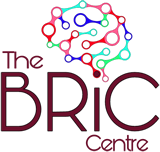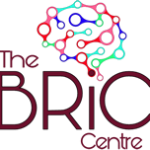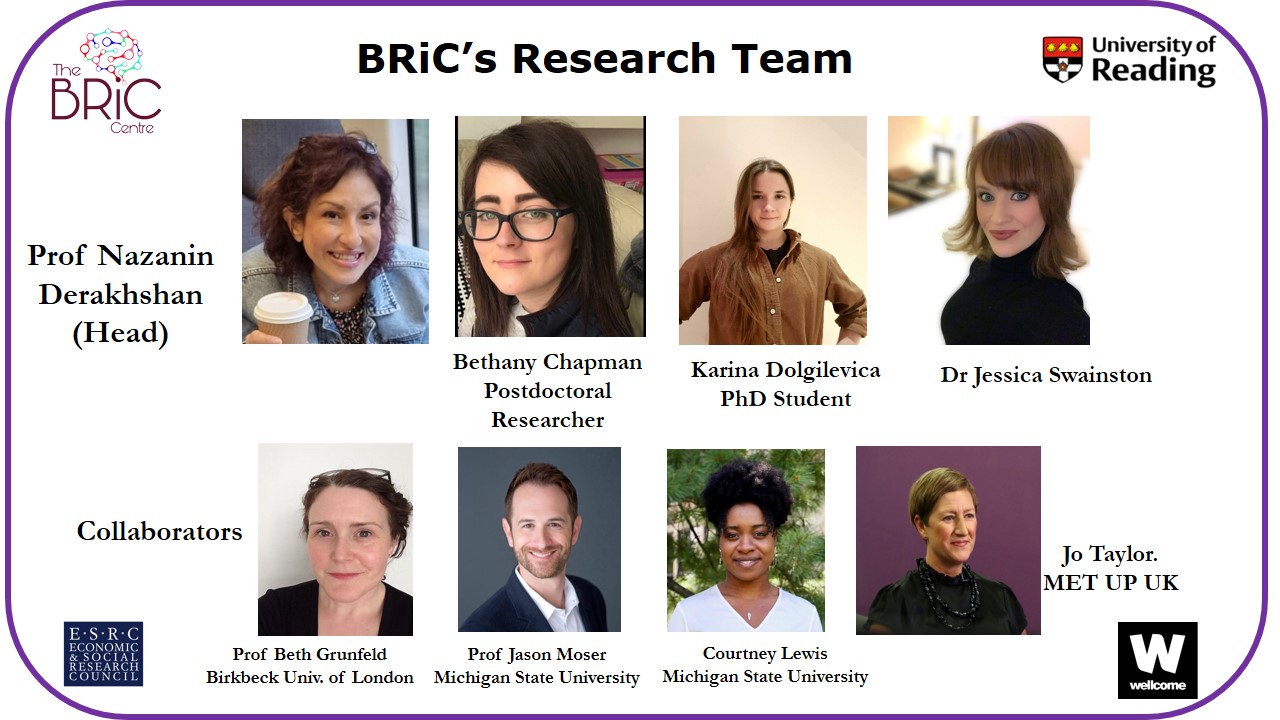Our research aims to build resilience in women who’ve been diagnosed with primary as well as secondary breast cancer.
Using a range of neuroscientific methods, BRiC conducts cutting edge research to reduce the psychological impact of diagnosis and treatment and boost resilience in women who’ve been diagnosed with breast cancer. Based on evidence that impairments in cognitive flexibility and attentional control can make us vulnerable to anxiety and depression, BRiC’s research targets these brain mechanisms through adaptive cognitive training interventions shown to reduce anxiety and depression and empower women with the tools they need to build resilience.
BRiC’s novel research findings have been published in high impact factor international journals with practical implications for policy and change. For a glimpse of what we do see below for more.
BRiC’s Research has shown that:
- Our cognitive health can play an important role in determining our levels of anxiety and depression (see here)
- Using imaging methods, women with a breast cancer diagnosis show patterns of cognitive inefficiency, which necessitates the greater need for compensatory effort when completing simple tasks. This contributes to the cognitive deficits like memory and attention failures commonly reported (see here).
- Simple cognitive exercises targeting brain efficiency can improve cognitive skills and reduce anxiety and depressive related symptoms longer term (see here; and on media page).
- Mindfulness meditation practice and adaptive cognitive exercises can reduce anxiety sustainably in women with breast cancer (see here).
- The combined effect of both good cognitive function and social support is vital to protect against depression in secondary breast cancer (see here).
- Cognitive impairments induce fatigue, lack of confidence and self-esteem and contribute to deficits in workability in women with a primary diagnosis of breast cancer beyond the extended period of ‘return to work’. Women report mixed feelings about current self-management strategies which are used and believe they can be problematic with little benefit (see here).
- Adaptive cognitive training can improve cognitive functioning and improve workability in the workplace. Women reported that our intervention helped improve their self-confidence and general emotional well-being. These perceived improvements, in turn, decreased reliance on self-management methods for cognitive impairment and improved work efficiency, contributing to career development and progression (see here).
- Collateral damage from COVID19 delaying breast cancer treatment and diagnosis has increased psychological trauma in women with breast cancer (see here; and in The Telegraph)
- Women with breast cancer experiencing threats to job security due to COVID have an increased level of depression by 26% (see here)
- Delays in accessing breast cancer treatment in Iranian women has increased risk of clinical levels of emotional disorder with younger women at greater risk (see here)



